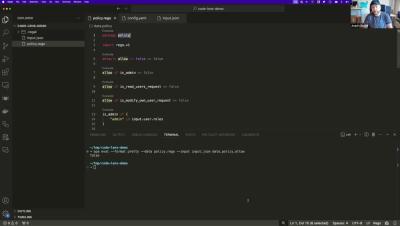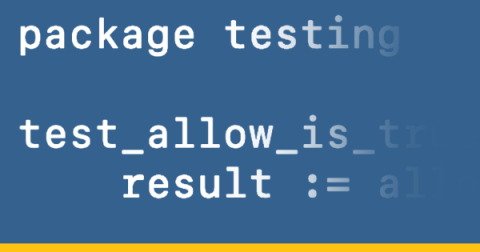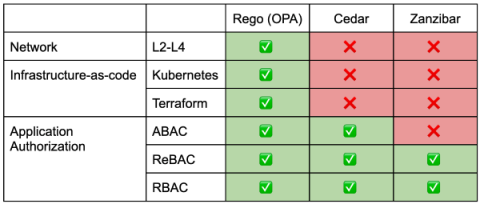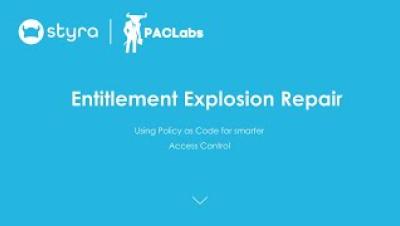Introducing Policy SBOM: A Software Bill of Materials for your Authorization Policies
We’re excited to announce the Policy SBOM feature is now generally available to all Styra DAS customers, giving enterprises transparency and traceability into deployed authorization policies. Just like a software bill of materials (SBOM) is an inventory of the components and dependencies in a software application, a Policy SBOM is an inventory of the policy modules, including their sources, versions, and dependencies, within an Open Policy Agent (OPA) policy bundle.











